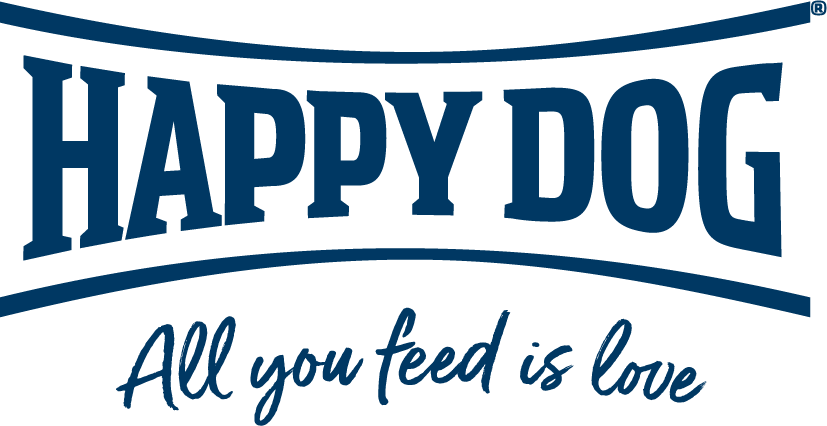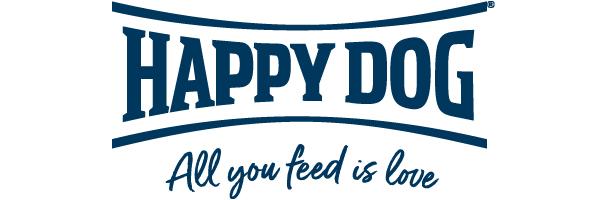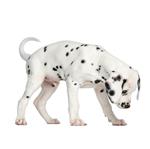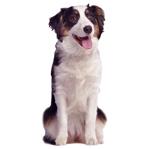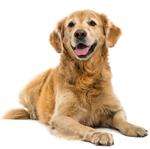Recent studies have shown that around 40 % of all dogs are too fat. The excess pounds are caused when a dog absorbs more energy from its food than its body actually needs. This starts a vicious circle. The extra weight discourages the dog from playing and exercising.
So it becomes increasingly sluggish and puts on even more weight.
